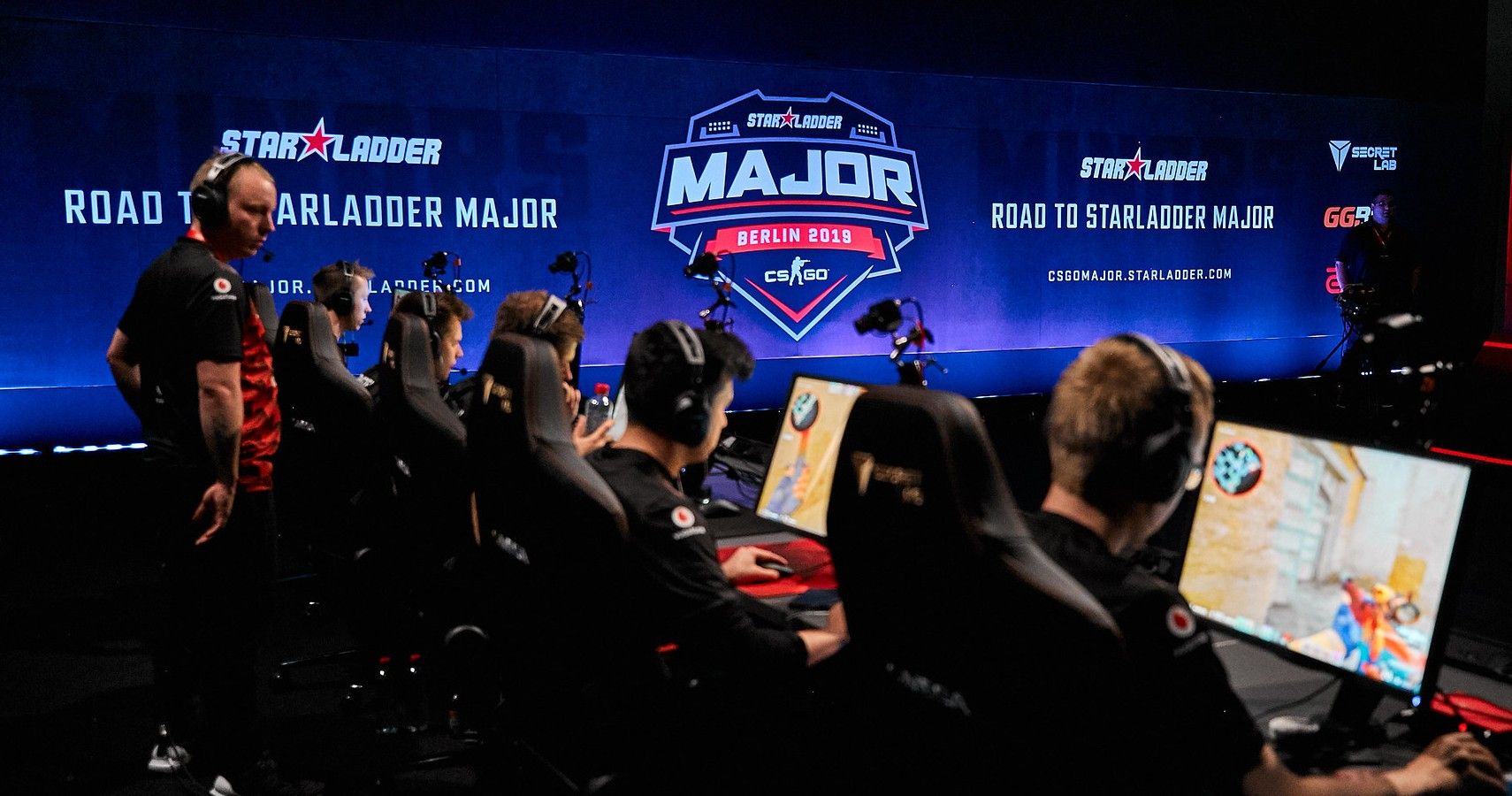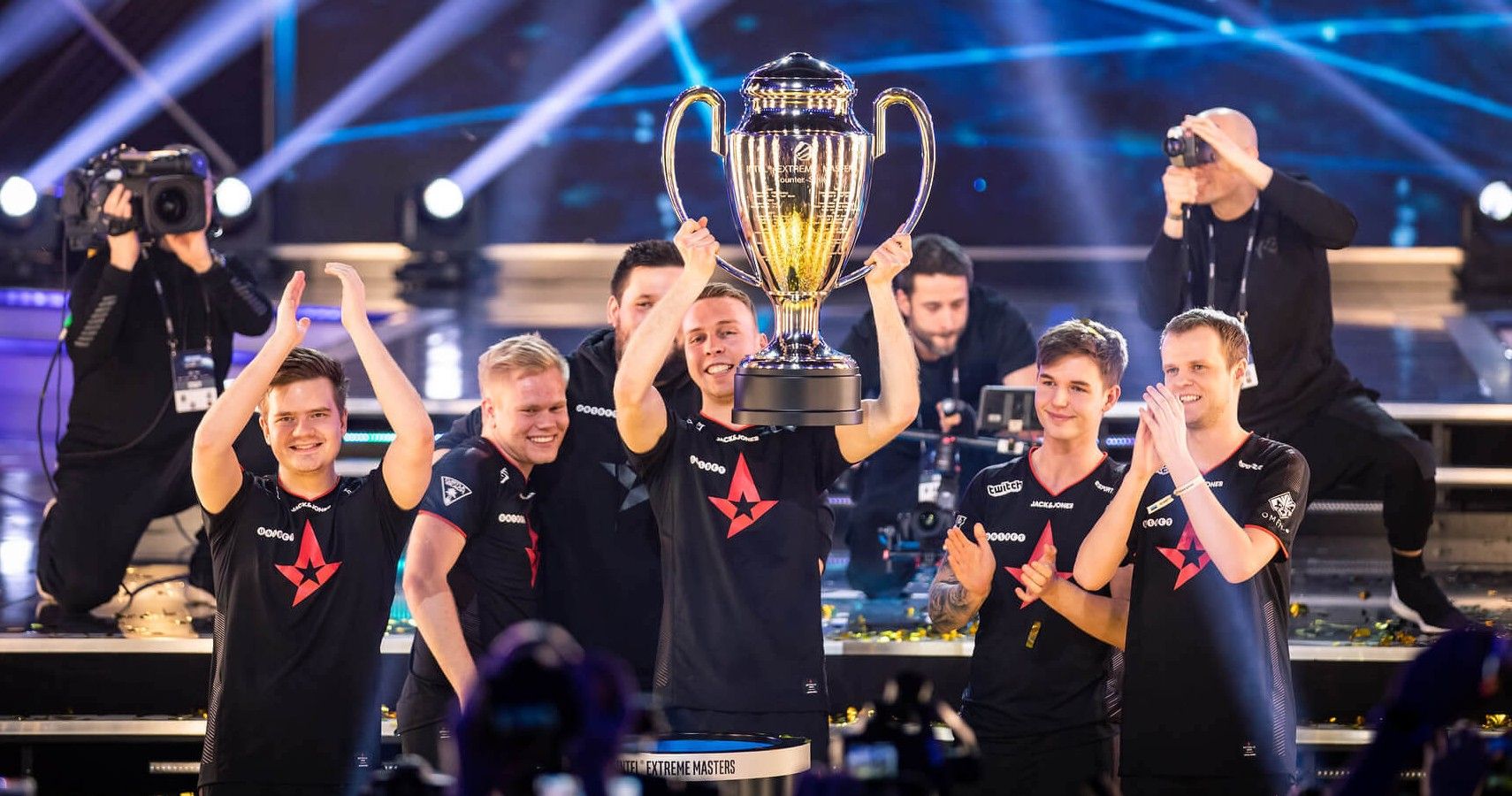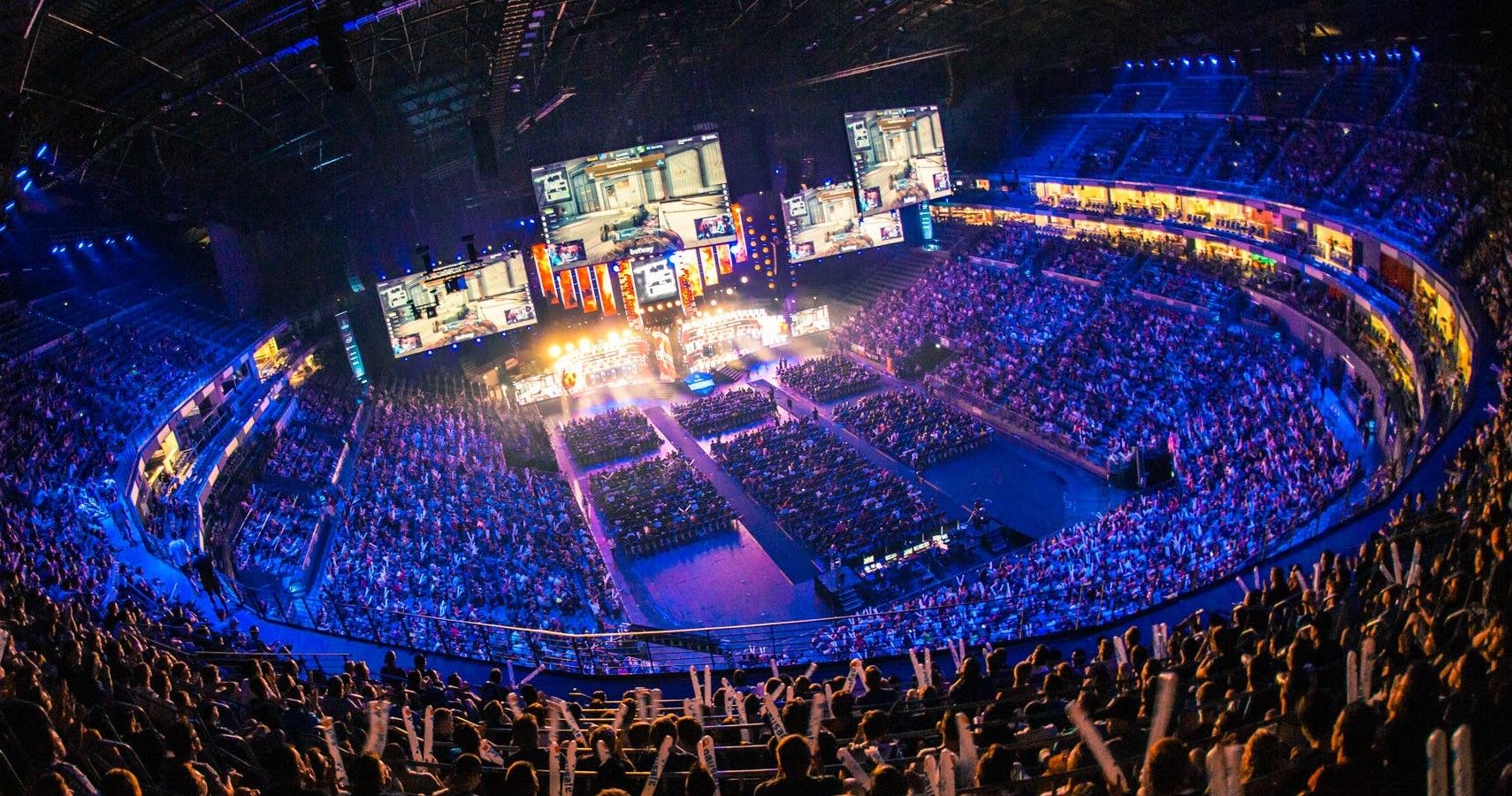Valve reportedly plans to implement a points-based qualification system for the upcoming Fall 2020 Counter-Strike: Global Offensive Major tournament, which is scheduled to take place in November. Previous CS:GO Majors used a Major-to-Major qualification system, which offered teams who placed top-eight at one Major a direct invite to the next.
The new system looks to build a team ranking using points earned at three specific tournaments throughout the year. The first of these events will be ESL One Rio, the first Major of the year. The other two tournaments are yet to be decided, though Valve has opened discussion with tournament organizers to determine which events will be added to the qualification path. The events can be new or preexisting, but must take place between July and September. Other requirements for the ranking tournaments include:
- A LAN conclusion featuring at least eight competing teams, which may be preceded by either an online or on-LAN event
- A minimum of 24 participating teams over the whole event
- Sixteen of the event’s 24 teams must be determined from the Major ranking, the remainder can be decided by the tournament organizer
- The event’s results must differentiate between the top sixteen performing teams and the remainder
- The tournament’s initial seeding must be done using the Major ranking
Valve has offered to match these tournaments’ prize money up to an amount of $250,000. The CS:GO developer reportedly states that these events are meant to determine which teams will be invited to the 2020 Fall Major, which is set to begin in November.
The previous Major qualification system awarded "Legend" status to teams placing top eight, which granted them an invite to the next Major. A Major’s bottom eight teams were given “Challenger” status and were invited to the next Major’s Main Qualifier, which was rebranded as the “Challengers Stage” ahead of Eleague Boston 2018. The Challengers Stage pit Challenger-status teams against eight teams from regional Minors, with the top eight advancing to the Major’s group stage.
The previous system has mostly remained unchanged since its implementation, save for a slight tweak at FACEIT London 2018 that sent the group stage’s bottom two teams back to the Minor system. The new system hopes to award the Major ranking’s top eight teams with Legend status, and teams ranked 9-16th will be given Challenger status. Challenger-status teams will again be met by Minor-qualified teams in the Challengers Stage.
The time frame set by Valve for the ranking events coincides with the player break set by the Counter-Strike Professional Players’ Association, which is meant to run from July 15th to August 15th.
There is no official word from Valve on this development. Open qualifiers for the ESL One Rio Major begin at the end of the month.
Source: HLTV



